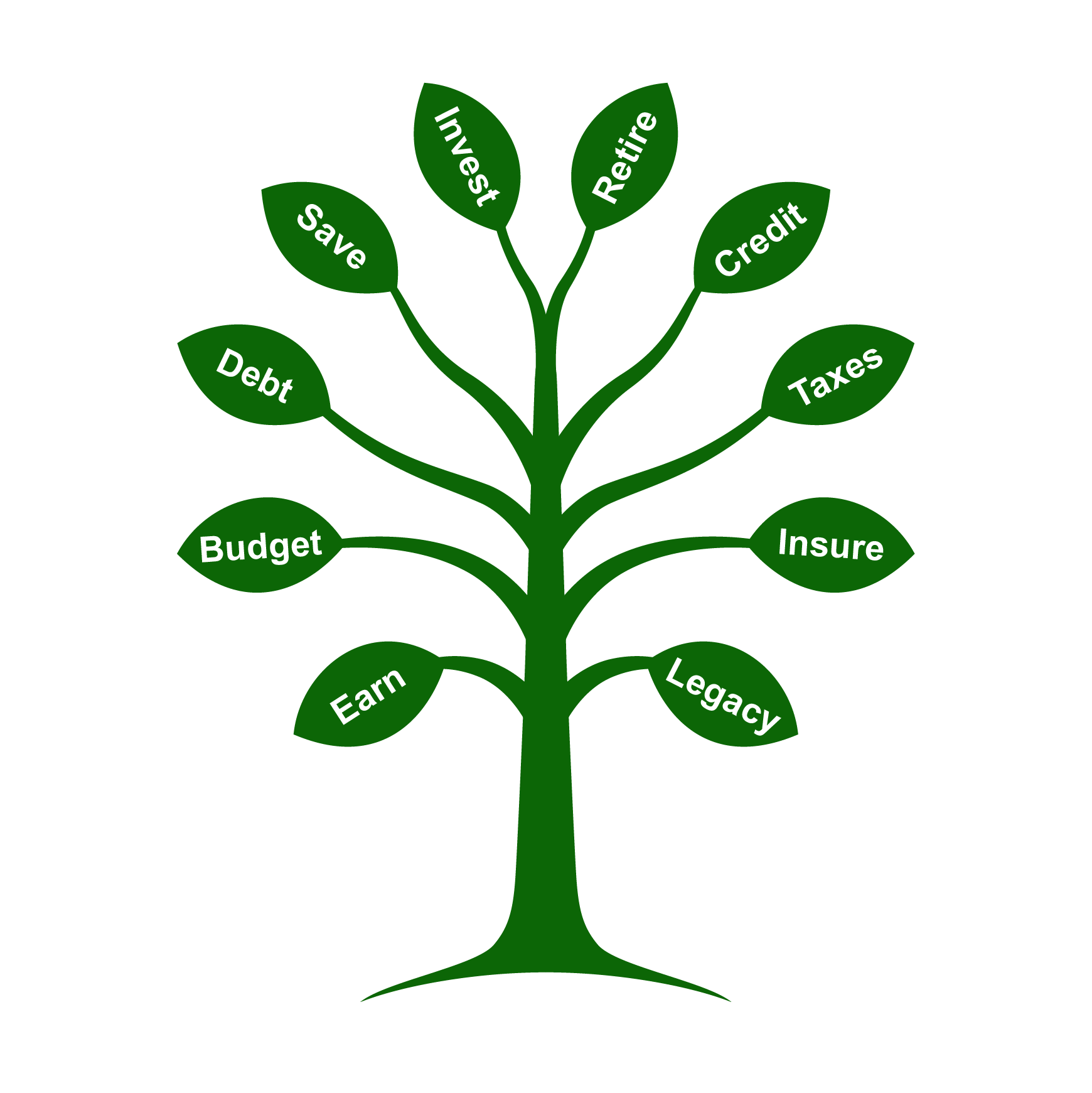Financial Wellness Is for Everyone

Financial wellness is a holistic approach to financial health that includes the practice of saving, managing and investing money in a way that’s reflective and supportive of one’s personal values and goals. If practiced the right way, it can lead to a life relatively free from financial stress and anxiety.
At its core, it’s about creating a balanced and healthy financial life. It means having control over day-to-day, month-to-month finances, having the capacity to absorb a financial shock, being on track to meet monetary goals and having the financial freedom to make choices that allow one to enjoy life fully. This concept extends beyond the accumulation of wealth and delves into the emotional and psychological aspects of money management.
Roots in Employer Benefits
The term financial wellness gained significant traction in recent years in the employer benefits arena. Employers have long recognized the importance of financial health for their workforce as it directly impacts productivity, employee retention and overall morale. And organizations are increasingly offering financial wellness programs as part of their core benefits package. These programs might include access to financial counseling, tools for budgeting and saving, investment education and even debt management solutions. The goal is to empower employees to make more informed financial decisions, reduce their stress related to money matters and ultimately improve the quality of their work life.
Significance for Individuals
But financial wellness is a goal that all individuals — not just employees — should prioritize in their own lives. It’s about taking a firm grasp of your financial future and understanding that financial health is not just about planning for retirement, but about being better prepared for whatever life throws your way. That means having an emergency fund, being appropriately insured, managing debt, understanding credit and making more informed investment decisions. Achieving financial wellness is not a one-time event but a continuous journey of learning, adapting and planning.
Strategies to Improve Financial Well-being
- Education: Understanding the basics of budgeting, saving, investing and credit is fundamental to one’s financial wellness.
- Planning: Setting short-term and long-term financial goals and creating a prudent plan to achieve them.
- Budgeting: Keeping track of income and expenses, having a strategy to live within one’s means and avoiding excessive debt.
- Saving: Building an emergency fund and saving for retirement and other future goals.
- Investing: Growing wealth through investments that align with one’s risk tolerance and time horizon.
- Protecting: Ensuring adequate insurance coverage to guard against unforeseen financial risks.
Financial wellness should be a goal for everyone, not just a retirement plan industry buzzword. By pursuing financial wellness and building a healthy relationship with money, individuals can make more informed financial decisions, reduce stress, improve mental and physical health, and ultimately, live a more secure and satisfying life. It’s time we view financial wellness not merely as a company perk but as an essential aspect of overall well-being for everyone.
Source
https://www.asppa.org/news/financial-wellness-seen-increasingly-key-workplace-benefit


